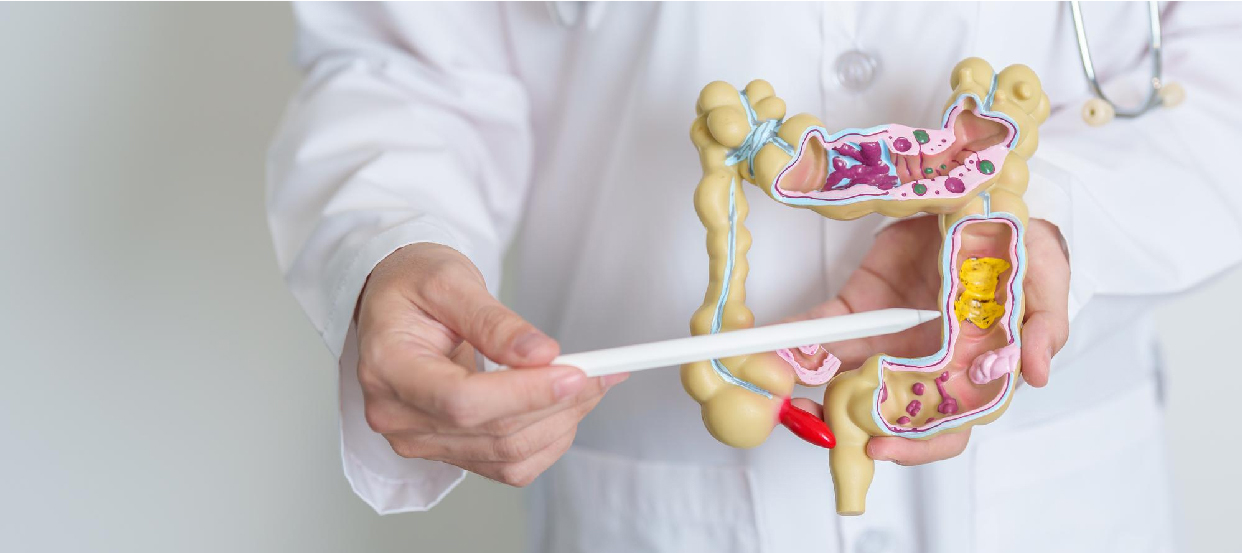
Your liver is one of the most vital organs in your body responsible for executing many functions and keeping you healthy. From filtering out toxins from the blood to producing bile and aiding digestion, the liver can also store essential nutrients, vitamins, and minerals that your body uses for energy. Being of such critical importance in maintaining overall health, any problems associated with your liver can lead to significant health concerns.
Liver diseases can be slowly developing over the years without any symptoms surfacing until they have advanced. Therefore, if you have any signs of liver problems, you must seek health care as soon as possible. But to whom should you go? Do you see a hepatologist or a gastroenterologist?
To understand the differences between hepatologists and gastroenterologists, it will first be helpful to explain a few common liver conditions and the general symptoms of illness in the liver.
Liver disease symptoms can be mild or severe, depending on the condition. Here are some common signs that could be experienced:
If you are experiencing any of these symptoms, a physician must see you. There are, however, two types of specialists who treat liver-related conditions, so which one is for you?
Both hepatologists (liver doctors) and gastroenterologists play significant roles when treating a person with concerns related to their livers. However, each specialist approaches the care of the patient differently.
A hepatologist is a doctor who specializes in diagnosing and treating liver diseases. Hepatologists primarily diagnose and treat liver diseases, focusing on conditions like hepatitis, cirrhosis, and liver failure. Hepatologists, therefore, include within their practice both the medical and the surgical considerations of liver care, hence making them very knowledgeable about issues such as transplants, liver cancer, and advanced liver failure.
If your symptoms stem mainly from the liver or if you have a diagnosed liver disease, for example, hepatitis, then the best bet would be a hepatologist.
A gastroenterologist, however, is a specialist in the entire digestive tract, which, as just mentioned, would mean a specialist that embraces the inclusion of the liver, as well as the esophagus, stomach, intestines, pancreas, and rectum. While liver disease experts, ' focus is much broader, since they are specializing in a wide number of diseases in the gastrointestinal field. Gastroenterologists often treat acid reflux, irritable bowel syndrome (IBS), and even colon cancer, among many other conditions besides liver disorders.
Gastroenterologists can treat some liver conditions, such as hepatitis or cirrhosis, but hepatologists focus on chronic and severe liver diseases that require specialized care.The involvement of liver-specific diseases is less.
Though both hepatologists and gastroenterologists can deal with problems associated with the liver, the two specialists differ in that:
Selecting the right doctor to take care of your liver includes a few factors to consider:
Your liver plays a very important role in your overall health, and early diagnosis and treatment of liver diseases can avoid serious complications. Whether one requires a hepatologist for specialized care in their livers or a gastroenterologist for more general digestive issues, the most important step is to see a doctor when symptoms begin to occur.
If you experience some symptoms of liver failure such as jaundice, fatigue, or pain in the abdominal region, do not wait. Go see your healthcare provider to assess the symptoms and start receiving proper care for your liver problem. You're able to control your liver health by acting swiftly and finding the right doctor.
If you're seeking a top-notch hepatologist in Pune, look no further than Dr. Abhishek, liver doctor. His expertise in diagnosing and treating liver diseases can help you manage your condition effectively and improve your overall well-being.